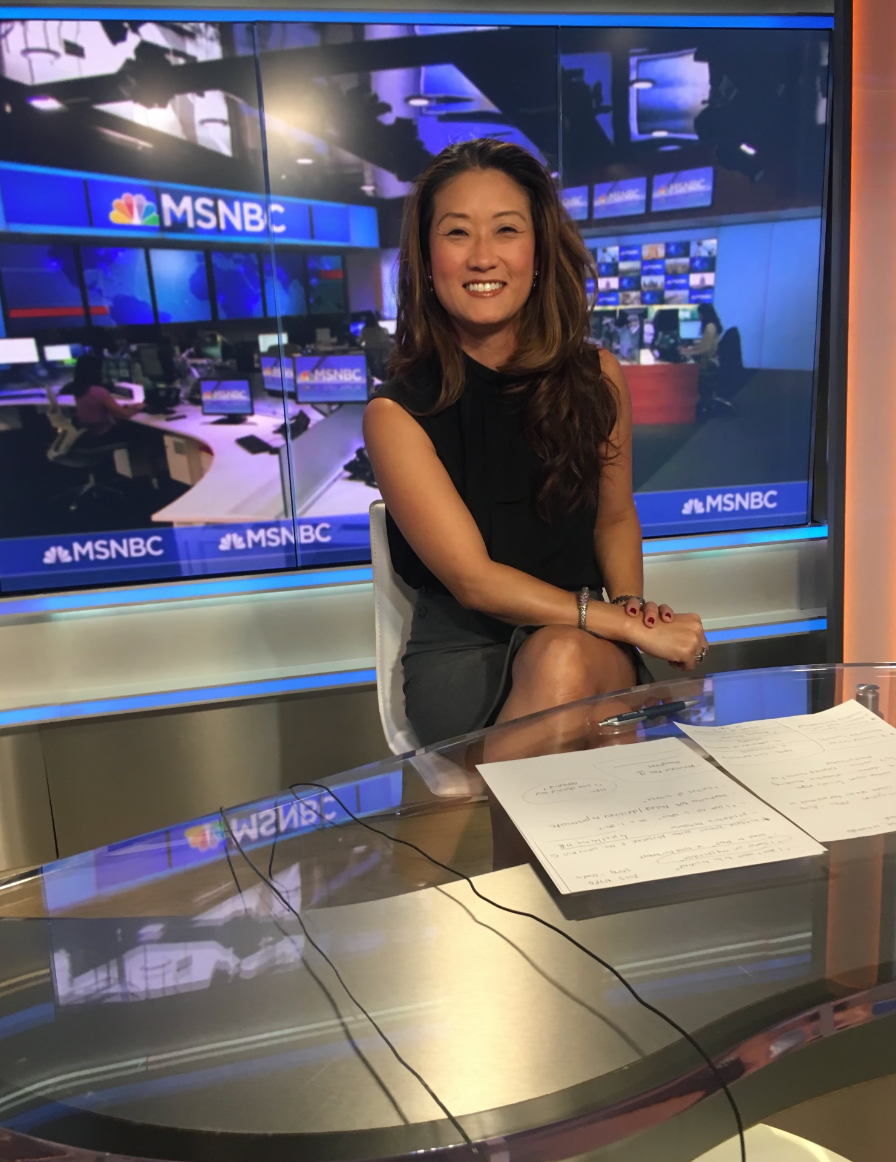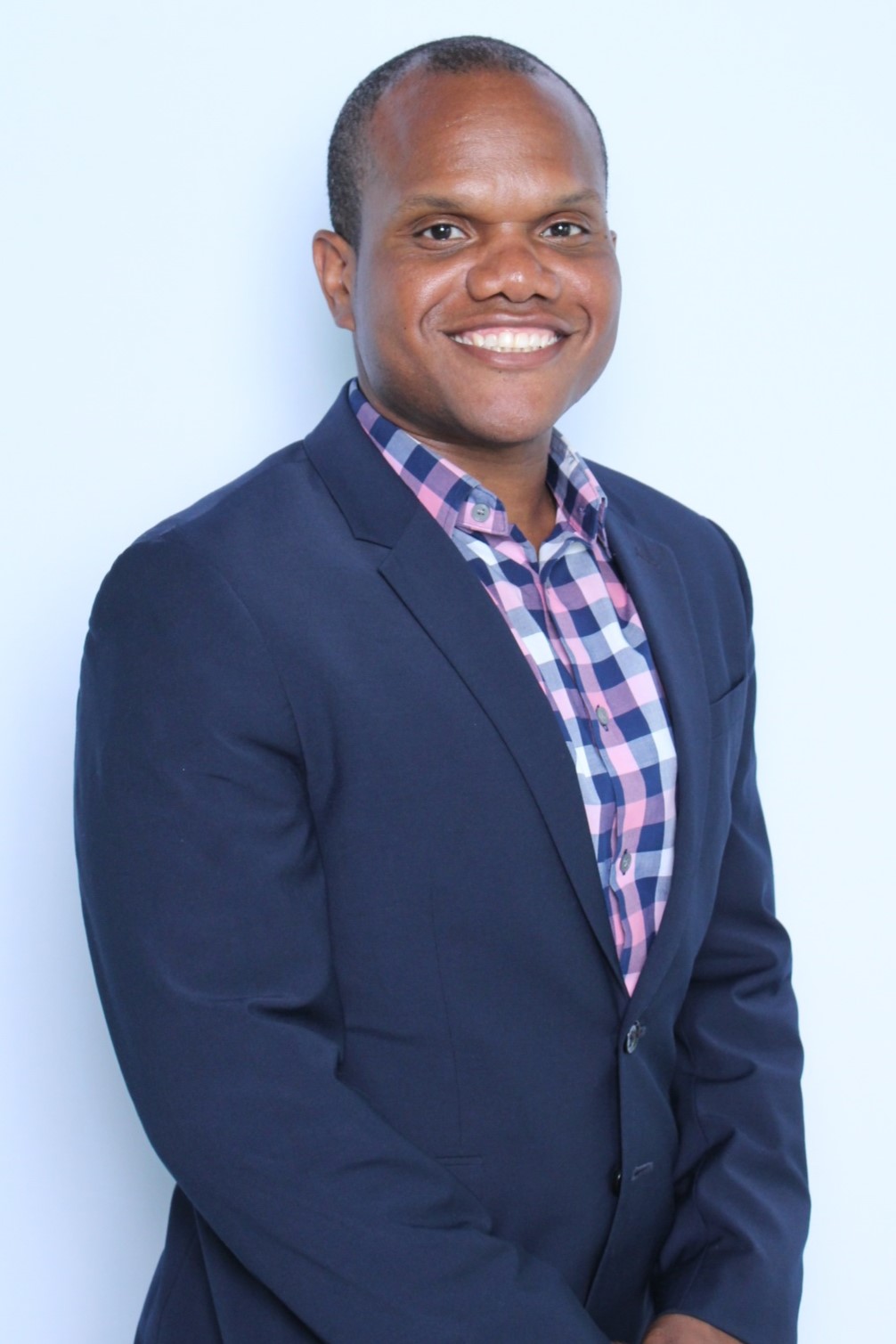A journalism career can take a winding path from school to newsroom. Many journalists start in one industry and pivot to media years later. Along the way, they pick up technical “hard skills” or interpersonal “soft skills” that are useful in their new career. Figuring out those transferable skills can make the job search and career transition much smoother.
Play to your strengths in a new field

Katie Phang, host of MSNBC’s “The Katie Phang Show,” started as a trial lawyer and legal analyst before working in journalism. She became interested in journalism because, much like law, it strives to uncover truth through evidence and facts. Phang got her first journalism gig as a legal analyst at a Miami affiliate in 2005, and eventually went from local news to national news, getting her own MSNBC program in 2022.
As a news anchor, Phang feels a great responsibility to her viewers, closely mirroring the lawyer-client relationship. She wants to clearly explain legal aspects of news stories, such as the 2024 election, just as she previously guided legal clients.
Francisco Lewis also started out in another field. Lewis became an NBCUniversal human resources senior manager after working in hospitality. Originally a student of finance, Lewis worked in many parts of the hotel industry – finance, sales and finally HR. The interpersonal, fiscal and conflict- resolution skills that Lewis learned in hotels easily transfer to another intense, hectic workplace: newsrooms.
“I like to describe a hotel as sort of a city in itself, because you’re working with so many different departments. It’s not just about ‘putting heads in beds,’” Lewis said.
The pandemic gave Lewis a chance to take stock of his career and ponder his next move. After 17 years in hospitality, he hit a ceiling in his career path just as the hotel industry entered a global slowdown. He decided to branch out from hospitality to another nonstop, 24/7 industry, taking an HR job with NBCUniversal.
By staying in HR, Lewis is continuing to pursue his passion: helping employees achieve their career aspirations. “I didn’t always have that growing up,” he said.
What to consider before a pivot to media

Lewis and Phang stress that people entering a media career need realistic job expectations. Journalists are required to stay in the loop and be available in case news breaks or someone needs a hand. Collaboration is also key, as newsroom personnel often work across departments on published stories or company initiatives.
“This is not just a ‘clock in at 9 o’clock, clock out at 5,’” Phang said.
Consider alternate ways to enter a news career. Phang recommends that aspiring reporters and producers start at a local outlet and build their reel and portfolio in small markets. They can also explore a new career with a freelance gig or networking with media contacts.
Lewis suggests talking with your HR manager about what your next step might be.
“What more can I do to evolve where I am?” Lewis said. “How do I continue to enjoy what I’m doing?”
Ways to improve your job search
Scott Williams, talent acquisition director for NBCU News Group and NBCU Local, offers this advice for people who want to transition to media careers.
Ask yourself:
• What are you passionate about?
• How do you transfer your skills and experience to a new career?
These questions can help a potential employer or manager understand why you are making the switch because the career move is likely to come up in interviews.
Fix your resume and cover letter
• Don’t just outline your previous responsibilities. Have your resume identify skills and experiences that can transfer to a new career.
• Your cover letter should explain the “why” for your career change, not the “what.” Explain what you bring to this new kind of work.
Networking and searching for jobs
• Look for roles that connect with your previous work. Find a different role in the same industry or a job in a different industry using the same skills.
• Reach out to people who work in your industry of choice to make connections, learn more about potential jobs and anticipate questions in job interviews.



